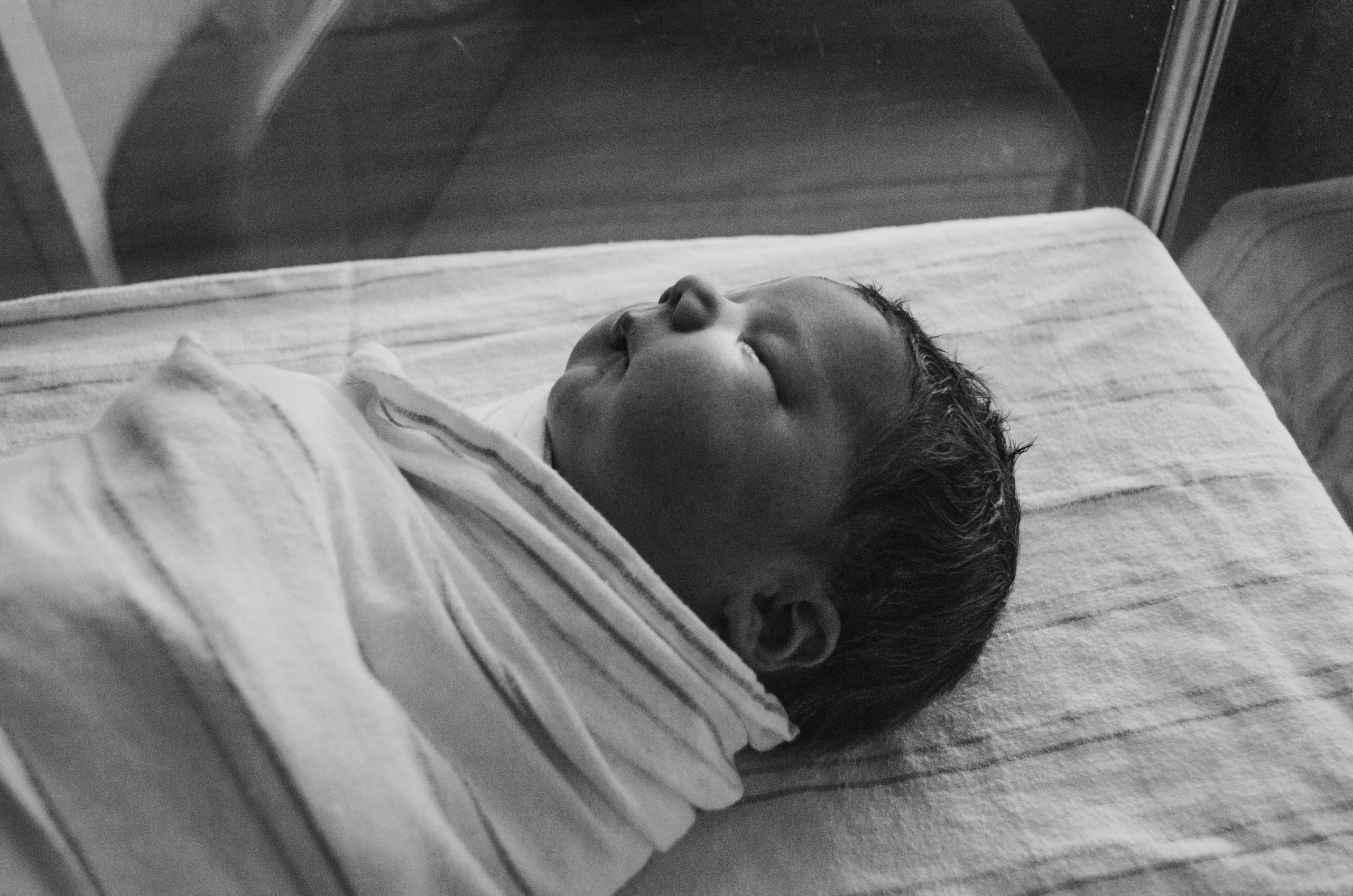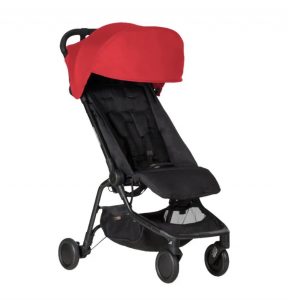Wahoo! Congrats, you are going to be giving birth to your little darling! Once the excitement of learning about the pregnancy wears off, so many questions start to form in your head. The nine months between finding out you are expecting and the new addition showing up can certainly be overwhelming. You start thinking about nutrition, what foods should I be eating and shouldn’t be eating. Is my baby getting enough nutrients throughout the day? Uncertainty about what to expect takes over, see a few of my tips to help your mind rest at ease –
Ask questions –
When you go in for the mid-pregnancy ultrasound, don’t be afraid to ask questions. They are there to help you and make sure you have all the information you need.
Become organised
Make a list of things that you will need for the baby once you arrive home from the hospital. Don’t over do it, in the first few months, they only need nappies, bottles, clothes, and somewhere warm and safe to sleep. Set up the baby’s room with basics and take it from there. Further, look to your friends for hand-me-downs such as onesies, clothes, swaddle cloths and other things their children have outgrown.
Try to relax
You’re life is about to change for the better. It won’t be an immediate change, and you won’t really see it happening with you feeling like a mombie at the beginning. So take the time during pregnancy and do all the things that you love to do. Spend time with your friends, go on date nights, have a manicure, (enjoy the shops whilst your baby free).
Everything will be ok
Don’t read into it too much, try to relax just have a good base of information that’s all you need! As a mother you have the necessary instincts that will kick in once you hold your baby for the first time. Trust your own gut and take as much advice possible from your medical professionals.
Nutritional advice for mums-to-be
In eating a well-balanced diet, which includes plenty of fresh veggies and lean meats or other good protein sources, mums-to-be you are absorbing nutrients that support the overall health of your baby.
For this reason, you should avoid eating too much sugar or simple carbohydrates. This has no nutritional content for either bub or you and, in fact, it will only add weight to your current expanding body…
There are several foods that I advise to eat to ensure that babies receive specific nutrients that are vital in supporting the physical and mental development of your child while in the womb.
RECOMMENDED FOODS
Folic Acid Rich Foods
These nutrients are found in green leafy vegetables such as spinach, cauliflower, broccoli, as well as in fruits such as oranges and cantaloupes. Folic acid is very important as it reduces bubs risk of developing birth defects of the baby’s brain and spine. The recommended intake is 800 micrograms, double the requirement of a non-pregnant women of childbearing age. A supplement of folic acid is recommended to ensure bub is getting the right amount of this nutrient.
Foods rich in Iron
An iron-rich diet is imperative for women to reduce the risk of a child being born with impaired psychomotor and cognitive development, as well as a healthy immune system. Iron is found in dark green vegetables such as spinach and broccoli, as well as peas, but the body is best able to absorb it from meat such as beef, pork and poultry and fish. Liver is particularly rich source of iron.
Foods rich in Iodine
Women who are pregnant or breastfeeding need to ensure they are taking the required amounts of iodine to help their babys cognitive development. Some studies have shown that children born to mothers who suffered from iodine deficiency have a lower IQ and decreased psychomotor performance than those who were not. Foods containing iodine – kelp, seaweed, cows milk and eggs.
Foods rich in polyunsaturated fatty acids (AA and DHA)
AA and DHA are long chain polyunsaturated fatty acids found in oily fish, meat, poultry, eggs and other dairy products. They are essential to the healthy development of an infants eyes, brain and vascular system (blood vessels).
FOODS TO AVOID
Alcohol
Drinking in pregnancy Is to be avoided, recent studies show very little evidence that moderate drinking (less than 4 units per week) harms the foetus. I mention this to mums-to-be because I know some are wracked with guilt thinking over the few glasses of wine they had when unaware they were pregnant. However, it must be noted that there is strong evidence that excessive drinking can seriously harm babies in the womb.
Processed foods
Besides the fact that processed foods do not contain the nutrients required for bub in the womb, they also contain additives and preservatives that may be harmful to the foetus’s development. For that reason, medical experts advise processed food is limited and that fresh food is more regularly consumed by pregnant women.
Soft mould-ripened cheese
Soft cheeses made with mould, such as brie, camembert and goats cheese, should be avoided as they can contain listeria and bacteria, which can cause the infection listeriosis. This infection, even when milk, can lead to miscarriage.
The same is true of pate, even vegetables ones, as they too can contain listeria.
Raw and Cured Meat
Avoid raw or undercooked meat, being particularly careful with processed meats.
Mums-to-be should also avoid cold cured meats such as salami, chorizo, pepperoni and prosciutto as these meats are also undercooked and so may contain toxoplasmosis causing parasites.
To help you get a head start on healthy sleep habits for your little one, please download my Newborn Sleep guide.
Happy sleeping x
Stephanie







